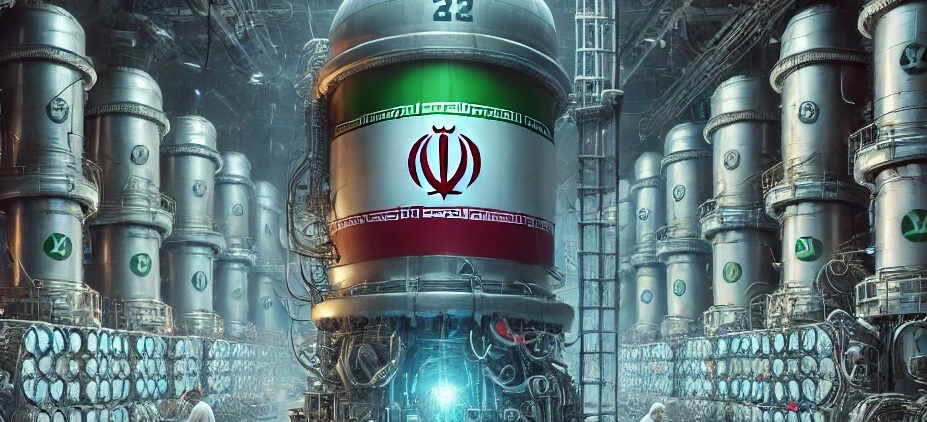Already a subscriber? Make sure to log into your account before viewing this content. You can access your account by hitting the “login” button on the top right corner. Still unable to see the content after signing in? Make sure your card on file is up-to-date.
According to the International Atomic Energy Agency (IAEA), Iran has announced plans to install over 6,000 advanced centrifuges to accelerate uranium enrichment, which some nations say is an indicator that Iran is seeking to obtain a nuclear weapon.
Something you should know before you read: Iran’s nuclear program has long been shrouded in controversy, with Tehran insisting that its activities are solely for peaceful purposes, such as energy production and medical research, under the framework of the Treaty on the Non-Proliferation of Nuclear Weapons (NPT). However, its lack of transparency, refusal to fully cooperate with IAEA inspections, and the discovery of nuclear material at undeclared sites have fueled global suspicions of a covert weapons agenda. Iran has enriched uranium to 60% purity, a level with limited civilian utility but dangerously close to weapons grade, prompting concerns from Western nations and the IAEA. Despite claiming a commitment to diplomacy, Iranian leaders have periodically issued veiled threats, suggesting that the country may pursue nuclear weapons if pressured by the United States or Israel, both of which Iran accuses of aggressive and destabilizing policies in the region.

What’s going on now: According to the IAEA, Iran has announced significant advancements in its nuclear program, including plans to install over 6,000 advanced centrifuges to boost its uranium enrichment capacity. These installations will include 18 cascades of IR-4 centrifuges at the Natanz facility, each comprising 166 machines, and additional cascades of IR-2M and IR-6 centrifuges at both Natanz and the underground Fordo facility. The purpose of these enhancements is to accelerate the enrichment process, enabling Iran to produce enriched uranium at a much faster pace.
This revelation by the IAEA came as Iranian officials were in Geneva meeting with representatives from Britain, France, and Germany to address growing concerns over Tehran’s nuclear program and its escalating uranium enrichment activities. The purpose of the talks was to find a diplomatic path forward, with Iran pushing for sanctions relief while Western nations demanded compliance with the 2015 Joint Comprehensive Plan of Action (JCPOA) and greater transparency in its nuclear activities. Iranian officials criticized Western countries for what they described as unfair and politically motivated actions.
US sounds off: In response to this development, the State Department said they were “deeply concerned with Iran’s announcement that it is choosing the path of continued escalation as opposed to cooperation with the IAEA.” They added, “Iran’s continued production and accumulation of uranium enriched up to 60% has no credible civilian justification.”






